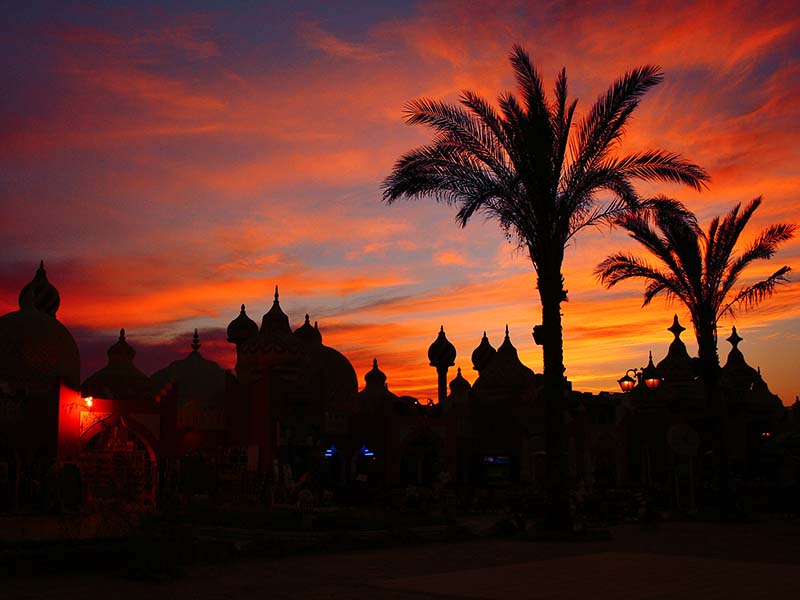Unofficially, it was widely known among locals that the administration had received a number of community complaints. Egypt is officially an Islamic country, and public schools are supposed to encourage this religion. Naming a school after a Christian was viewed as an assault on Islam. The surrounding Muslim community did not want an official school named after a Christian.
The decision to withdraw Abnoub’s name from the school was met with great disappointment by his family. His brother Shenouda explained, “We did not ask for anything, the governor ordered this on his own. The Educational Administration [however] told us that there was no official order to change the name of the school which is in Raphael village, [a Christian village].”
There was no commemoration for Abounb’s sacrifice. But for the Muslim soldiers who also died protecting the country, the community celebrated.
The government let sectarian issues dictate the outcome, rather than principles of equality. Disappointed, Abnoub’s family filed an appeal. The case was raised by Christian members in Egypt’s Parliament, one of whom said, “This constitutes religious and sectarian discrimination against Christians, despite the fact that they have sacrificed themselves and their blood during terrorist operations which [were] carried out by extremist terrorist groups.”
The parliamentarian continued, “Despite the fact that the school banner did not change, even for one day, the education administration declared the residents rejected this honor… Does it make sense to deny the commemoration of a martyr who sacrificed his life to let the rest live in safety?”
Finally, the governor agreed that something should be named after Abnoub in recognition of his sacrifice. A bridge was chosen. A rarely used bridge that crossed over a dirty canal away from the village’s center. A small black and white sign was placed at the entrance. The message was clear: as a Christian, Abnoub’s sacrifice for his country was not worth as much as his Muslim compatriots.
Isaac Ibrahim, from the Egyptian Initiative for Personal Rights, said, “The governor wanted to make all the parties happy and save himself the headache… we must be brave and confess that the official in the state has a discriminatory attitude which affects his decisions.” Isaac also pointed out that the people who refused to rename the schools are not Muslim Brotherhood or hardliners.
It is the community discriminating against Christians, with the government’s approval.
Naming a bridge after Abnoub does not address this underlying problem. Isaac further explained, “The names of bridges and the streets in the villages have no importance because they are not recorded in the official papers, and are often not mentioned by the public.”
The nation honored the Muslims who protected Egypt. The Christian, however, was culturally dishonored in death although his sacrifice was equal. Today, the bridge remains named after Abnoub. It stands as a testament to the deeply ingrained discrimination that Christians face on all levels of society throughout Egypt.
For interviews, please contact Olivia Miller, Communications Coordinator: [email protected]

